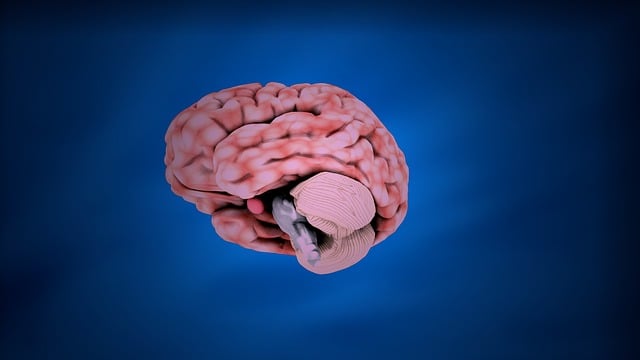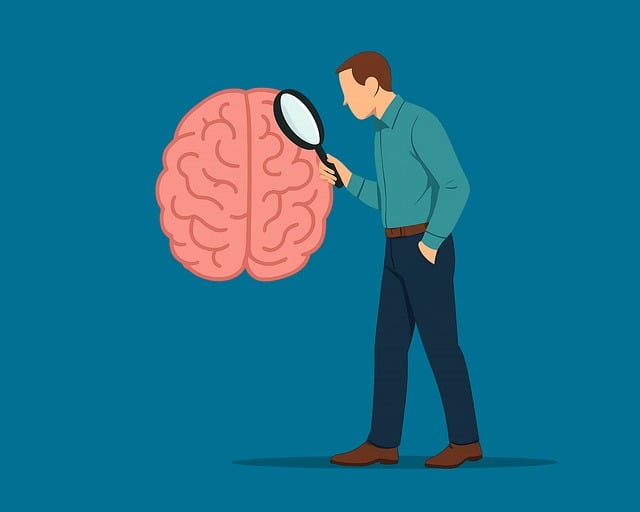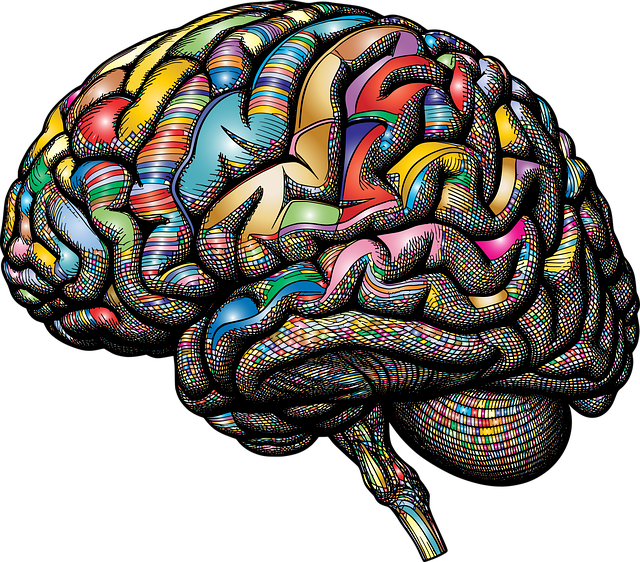Emotion regulation techniques, including therapy, journaling, and community programs, are vital tools for managing Golden Panic Disorder and Anxiety Attacks by teaching individuals to recognize and navigate intense emotions. Key strategies involve cognitive reappraisal, self-care routine development, communication skills training, boosting self-esteem, and fostering resilience through practices like mindfulness and meditation. Regular therapy sessions combine these methods for a comprehensive approach, offering sustained relief and improved quality of life.
Emotion regulation techniques play a pivotal role in managing conditions like Golden Panic Disorder and Anxiety Attacks. This article delves into the profound impact of teaching individuals effective strategies to navigate and control their emotions, offering a path to improved mental health. We explore evidence-based methods for enhancing emotional resilience, focusing on skills that can be integrated into daily life. Additionally, we discuss practical applications and long-term management strategies tailored for Golden Panic Disorder and Anxiety Attacks therapy.
- Understanding Emotion Regulation and its Impact on Golden Panic Disorder and Anxiety Attacks
- Effective Techniques for Teaching Emotion Regulation Skills
- Practical Application and Long-term Management Strategies for Anxiety Disorders
Understanding Emotion Regulation and its Impact on Golden Panic Disorder and Anxiety Attacks

Emotion regulation techniques are crucial in managing conditions like Golden Panic Disorder and Anxiety Attacks. These disorders often stem from intense or overwhelming emotional responses, making it vital to teach individuals effective strategies for controlling and understanding their feelings. Through therapy, particularly in the context of Golden Panic Disorder and Anxiety Attacks Therapy, people learn to recognize and navigate their emotions, preventing them from escalating into debilitating attacks.
Mental wellness plays a significant role in this process. Techniques such as mental wellness journaling exercises can help individuals track and interpret their emotional patterns, providing valuable guidance for managing stress and anxiety. Additionally, community outreach program implementations can foster support networks, encouraging open dialogue about mental health challenges and promoting effective emotion regulation practices within diverse communities.
Effective Techniques for Teaching Emotion Regulation Skills

Teaching emotion regulation skills is a powerful tool to empower individuals, especially those dealing with conditions like Generalized Anxiety Disorder and Panic Attacks. One effective technique involves mood management strategies such as cognitive reappraisal, where individuals learn to reframe negative thoughts and emotions. This approach encourages a more balanced perspective, helping to reduce the intensity of anxiety responses.
Additionally, incorporating self-care routine development into teaching can significantly enhance emotional resilience. Encouraging regular exercise, mindfulness practices, and healthy sleep habits not only support overall mental health but also serve as effective community outreach program implementation tools. These strategies empower individuals to take charge of their emotional well-being, offering practical tools for managing anxiety and preventing panic attacks.
Practical Application and Long-term Management Strategies for Anxiety Disorders

The practical application of emotion regulation techniques is particularly beneficial for individuals dealing with anxiety disorders, such as Generalized Anxiety Disorder (GAD) and panic disorder. These evidence-based methods offer a range of tools to manage symptoms effectively. One key strategy is learning communication techniques that enable people to express their feelings and needs in healthy ways, fostering better understanding and support from others. Additionally, self-esteem improvement plays a crucial role in anxiety therapy. By challenging negative thought patterns and building resilience, individuals can reduce the impact of anxiety on their daily lives.
Long-term management of anxiety disorders often involves compassionate cultivation practices. Mindfulness and meditation exercises help individuals stay grounded in the present moment, reducing the frequency and intensity of anxiety attacks. Moreover, compassion towards oneself and others can mitigate the cycle of fear and worry, leading to improved emotional well-being. These strategies, combined with regular therapy sessions, provide a comprehensive approach to overcoming anxiety, ensuring sustained relief and enhanced quality of life.
Emotion regulation techniques offer a powerful tool in managing Golden Panic Disorder and Anxiety Attacks. By teaching individuals effective skills, therapists can empower them to navigate and control their emotions, leading to improved mental health outcomes. The practical application of these strategies not only provides short-term relief but also fosters long-term resilience against anxiety disorders, enabling folks to live more fulfilling lives free from the constant fear of panic attacks.













